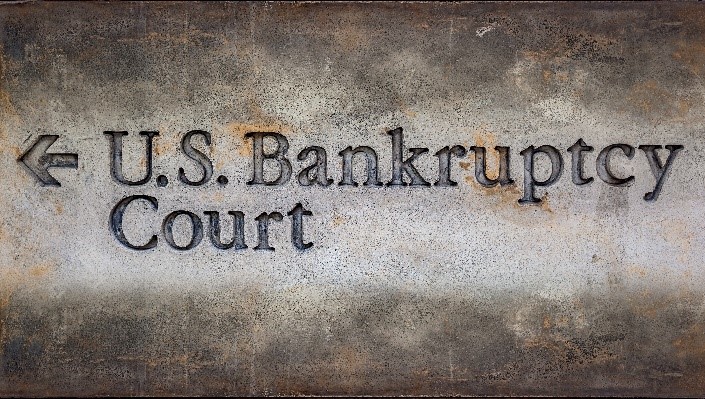Many families, business, and individuals file for bankruptcy every year for a wide array of reasons. In California there are four common types of bankruptcy cases that ultimately work to help people and corporations repay their debts in a more feasible way. Below we review these four types of cases, who they apply to, and where you can go for legal support in California for bankruptcy.

Chapter 7
In order to qualify for chapter seven bankruptcy in California your income must be below a predetermined amount and you must allow the court to sell your assets to pay off your debts. This means any assets you possess minus certain exemptions will be sold, granting debtors what some call a ‘fresh start.’ Keep in mind you can only file for chapter seven bankruptcy once every six years.
Chapter 11
Chapter eleven bankruptcy is typically for businesses and corporations in debt, but is sometimes available to individuals as well. This option allows debtors to reorganize or restructure their debt so they can keep their assets while slowly paying it down over time. Not only is chapter eleven bankruptcy the most flexible, but it also does not have limits on the amount of debt one can be in.

Chapter 12
According to the U.S. court system, chapter twelve bankruptcy is specifically designed for ‘family farmers or family fishermen.’ It’s a simplified version of chapter eleven bankruptcy that allows these farmers and fishermen to carry out repayment plans to their creditors over three to five years, without surrendering any assets.
Chapter 13
Chapter thirteen bankruptcy is similar to both chapter eleven and twelve, but is designed specifically for individuals making a typical income. Debtors who qualify for chapter thirteen bankruptcy will have to repay their debts over three to five years while being allowed to keep their property.
Final Thoughts
Year after year, millions of people file for chapter seven bankruptcy, frequently those going through a divorce. Often, a discharge of consumer and tax debt through bankruptcy can be the key to unlocking your financial hardship. Contact our firm in Orange County, CA today for legal support with family law, trusts, bankruptcy and more.